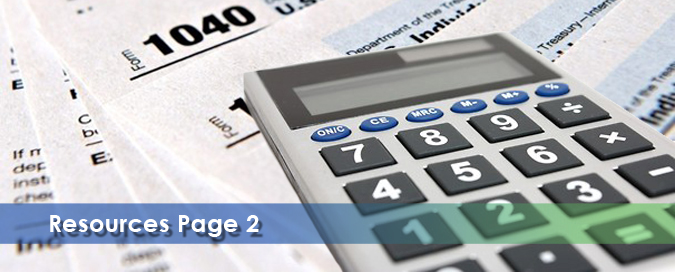
Form 8938….not to be confused with FBAR!
Starting in 2011, Taxpayers are required to file Form 8938 Statement of Specified Foreign Financial Assets if they hold foreign financial assets valued over a specified amount at year end or during the year. The actual filing thresholds vary based on the individual’s filing status and country of residency during the year. The threshold for filing the Form 8938 is much higher than that for FBAR (for FBAR the threshold is only $10,000). Also, additional foreign asset types (besides those required under FBAR) need be reported under this new requirement, such as foreign pension plans, foreign deferred compensations plans, interests in foreign trusts, estates, partnerships and corporations, and foreign stocks not held in a financial institution.
Unlike the FBAR filing discussed above, the Form 8938 is filed with the individual’s income tax return for the year. It should be noted that the Form 8938 does not replace the FBAR. There may be instances where the taxpayer is required to file both forms, neither form, or one form and not the other. Please find the links to the Form 8938 and form instructions below.
http://www.irs.gov/pub/irs-pdf/f8938.pdf
http://www.irs.gov/pub/irs-pdf/i8938.pdf
Want to read about how Americans are taxed while residing abroad?
Among other subjects, the IRS publication 54 discusses the foreign earned income and housing exclusion, the foreign tax credit, the foreign bank account reporting requirement and the unique filing extensions applicable to U.S. expats.
Are the tax rules different for a foreign national (a non-U.S. citizen or Green Card holder) who may only be working in the U.S. on a limited basis?
If you think this situation may apply to you, please check out IRS Publication 519 below which discusses various tax rules and tax planning opportunities for such individuals. The publication also discusses the use of income tax treaties and international social security (totalization) agreements.
http://www.irs.gov/pub/irs-pdf/p519.pdf
FBAR
Effective July 1, 2013, FinCEN Report 114, Report of Foreign Bank and Financial Accounts (also known as FBAR), is required to be submitted electronically. The deadline for online submission of the FBAR is April 15th (or the following business day if the 15th falls on a weekend or legal holiday) following a calendar year in which the form filing requirements are met. Currently there is an automatic extension of time to file the FBAR until October 15th (or, if applicable, the next business day). Normally an American who has a financial interest in or signatory authority over a foreign financial account with a balance exceeding $10,000 during the year is required to file the FBAR.
This form is a separate filing from your annual income tax return. Click the link below to access FinCEN’s BSA e-filing system to file the form electronically.
Please also find a link to the FinCEN 114 filing instructions.
FinCEN's 114 Filing Instructions
Behind on your FBAR filings?
If you failed to report your foreign bank & brokerage accounts on the FBAR and the corresponding earnings from such accounts on your U.S. income tax return for 2020 or prior years and you do not qualify for the Internal Revenue Service's Streamlined program, please contact Charles Kauffman, CPA at Kauffman Nelson LLP to discuss your options. Charles can be reached at (562) 342-3017 or charles@cpa4expats.com.


